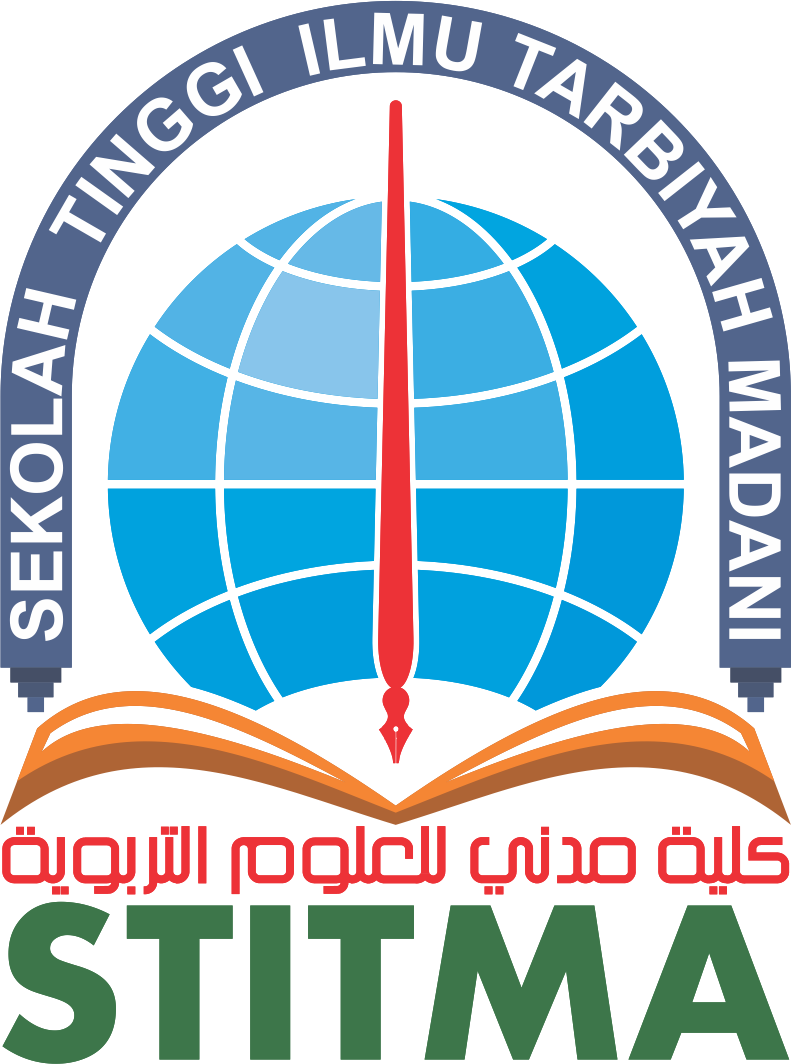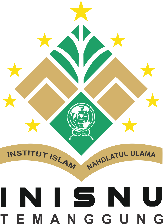Living qur'an: Al-qur'an reception in al muhammad cepu islamic boarding school
DOI:
https://doi.org/10.59944/amorti.v3i3.309Keywords:
Living Qur'an, Islamic Boarding School, Al-qur'an ReceptionAbstract
This research aims to analyze the reception of the Qur'an at the Al Muhammad Islamic Boarding School in Cepu. This is a qualitative research using inductive descriptive methods. Qualitative research is a research procedure that analyzes descriptive data in the form of spoken or written observations. The inductive descriptive method aims to describe and analyze data to obtain a general overview or description of the reception of the Qur'an at the Al Muhammad Islamic Boarding School. This research asserts that the Qur'an is a holy book that is always in harmony with all situations and conditions (ṣāliḥ li kulli zamān wa makān). The theory used by the researcher here is Karl Mannheim's sociology of meaning theory, which emphasizes three typologies of meaning, namely objective, expressive, and documentary meanings. This research yields at least two findings. First, various types of reception are found at the Al Muhammad Islamic Boarding School. Second, the meanings attached to these receptions include: a) objective meaning, where the various reception behaviors at the Al Muhammad Islamic Boarding School are part of a symbol of compliance and reverence for the boarding school's rules, b) expressive meaning is manifested in the form of self-internalization with positive values in the continuous learning process of the Qur'an, and c) documentary meaning is manifested in the form of local contextualization of the overall cultural system.
References
Agus Maksum, ‘Wawancara Santri’ (Cepu, 2024)
Al-Baihaqi, Dalail Al-Nubuwwah (Kairo: Dar al-Kutub al-Ilmiyyah, 1986), II.
Anwar, Rosihon, Dadang Darmawan, and Cucu Setiawan, ‘Kajian Kitab Tafsir Dalam Jaringan Pesantren Di Jawa Barat’, Wawasan: Jurnal Ilmiah Agama Dan Sosial Budaya, 1.1 (2016).
Baum, Gregory, Agama Dalam Bayang-Bayang Irelativisme: Sebuah Analisis Sosiologi Pengetahuan Karl Mannheim Tentang Sintesa Kebenaran Historis-Normatif, Ter. Achmad Mustajib et. Al. (Yogyakarta: PT. Tiara Wacana, 1999).
Esack, Farid, The Qur’an: A Short Introduction (England: Oneworld, 2002)
Farichah, Ning Hj. Faiz, Wawancara Pengasuh (Cepu, 2024).
Fatah, Abdul Fatah, ‘Living Qur’an: Tradisi Wirid Al-Ma’tsūrāt Di Smait Abu Bakar Boarding School Kulon Progo’, Jurnal At-Tibyan: Jurnal Ilmu Alqur’an Dan Tafsir, 5.1 (2020).
Fathurrosyid, Fathurrosyid, ‘Tipologi Ideologi Resepsi Al Quran Di Kalangan Masyarakat Sumenep Madura’, EL HARAKAH Jurnal Budaya Islam, 17.2 (2016).
———, ‘Uslub Al-Tikrar Fi Surah Al-Mu’awwidzatain’, Indonesian Journal of Islamic Literature and Muslim Society, 5.1 (2020).
Iser, Wolfgang, The Act of Reading : A Theory of Aesthetic Response (Baltimore: John Hopkins University Press, 1979).
Lubis, M Hanafiah, ‘Efektifitas Pembelaran Tahfizhil Al-Quran Dalam Meningkatkan Hafalan Santri Di Islamic Centre Sumatera Utara’, ANSIRU PAI: Pengembangan Profesi Guru Pendidikan Agama Islam, 1.2 (2017).
Ma’arif, Syamsul, ‘Pola Hubungan Patron-Client Kiai Dan Santri Di Pesantren’, Ta’dib: Journal of Islamic Education (Jurnal Pendidikan Islam), 15.2 (2010).
Maghfiroh, Elly, ‘Living Qur’an : Khataman Sebagai Upaya Santri Dalam Melestarikan Al-Qur’an’.
Hermeneutik: Jurnal Ilmu Al-Qur’an Dan Tafsir, 11.1 (2017), 109–27 Moleong, Lexy J, Metode Penelitian Kualitatif (Bandung: Remaja Rosdakarya, 2014).
Mujtaba, KH. Abdul Halim, ‘Wawancara Pengasuh Dan Pengampu Tafsir Jalalain’ (Cepu, 2024).
Pradopo, Rachmad Djoko, Beberapa Teori Sastra : Metode Sastra Dan Penerapannya (Yogyakarta: Pustaka Pelajar, 2007).
Putri Lely Pebriana, ‘Wawancara Santri’ (Cepu, 2024).
Rafiq, Ahmad, ‘Pembacaan Yang Atomistik Terhadap Al-Qur’an; Antara Penyimpangan Dan Fungsi’, Jurnal Studi Ilmu-Ilmu Al-Qur’an Dan Hadis, 5.1 (2004).
Ratna, Nyoman Kuta, Teori Dan Metode Teknik Penelitian Sastra, 8th edn (Yogyakarta: Pustaka Pelajar, 2011).
Rispul, ‘Kaligrafi Arab Sebagai Karya Seni’, Tsaqafa, Jurnal Kajian Seni Budaya Islam, 1.1 (2012).
Sakroni, ‘Wawancara Santri’ (Cepu, 2024).
Shobahah, Luthfiatus, ‘Praktik Pembacaan Yasin Fadilah Di Masyarakat Perspektif Living Qur’an Dan Analisis Perubahan Sosial (Studi Kasus Di Majelis Taklim Al-Muthmainnah Desa Lemahabang Kulon, Kec. Lemahabang, Kab. Cirebon)’, Diya Al-Afkar: Jurnal Studi Al- Quran Dan Al-Hadis, 5.02 (2017).
Zaman, Akhmad Roja, ‘Resepsi Al-Qur’an Di Pondok Pesantren Al-Hidayah Karangsuci Purwokerto’, MAGHZA: Jurnal Ilmu Al-Qur’an Dan Tafsir, 4.1 (2019).





























